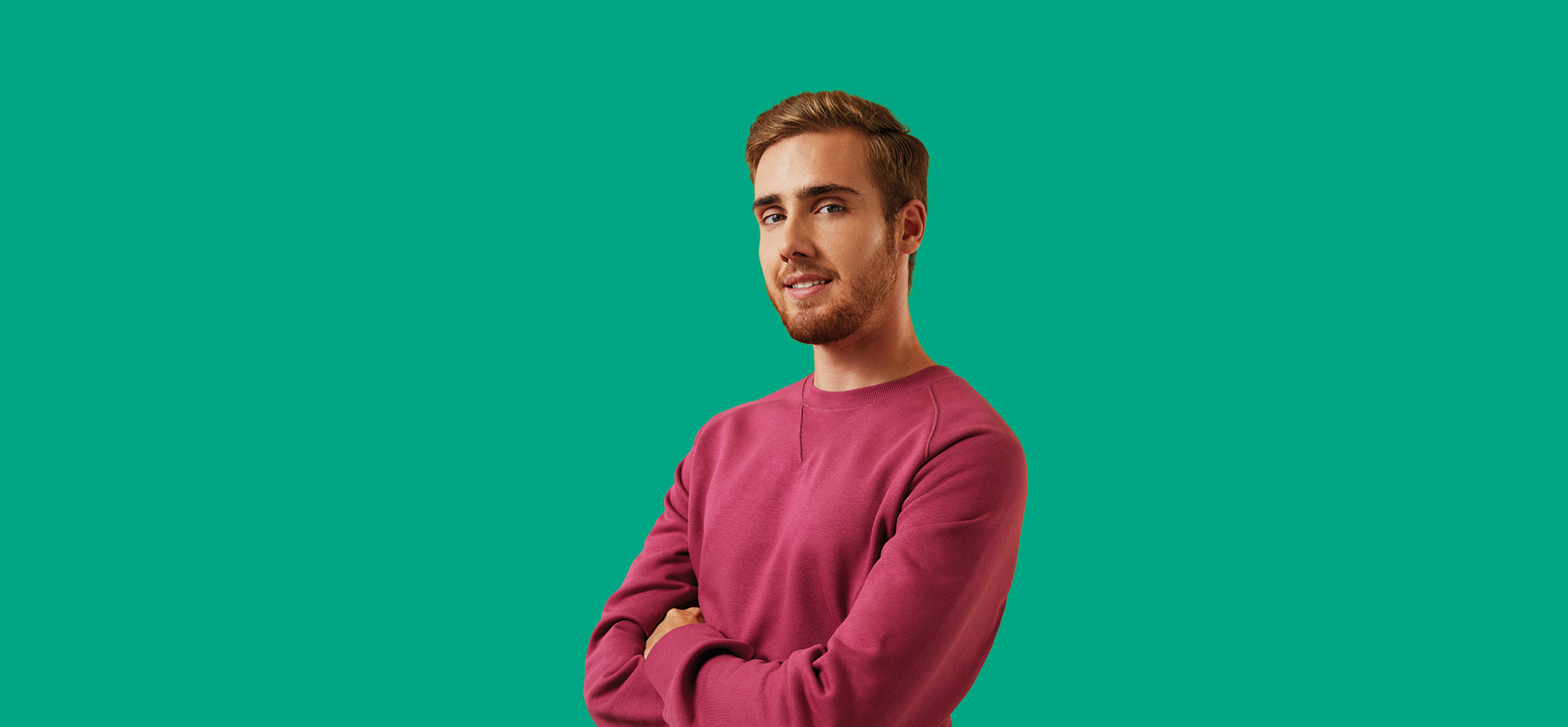2021 academic year: NEOMA students starting at the IRIS
Published on 07/5/2021
Thematics :


2021 academic year: NEOMA students starting at the IRIS
Published on 07/5/2021
Last March, The French Institute for International and Strategic Affairs (IRIS) and NEOMA signed a five-year partnership. This agreement will come to fruition at the start of the 2021 academic year with several third-year students from NEOMA’s Master in Management programme beginning the specialisation in geopolitics applied to organisations. Christine Aubrée, educational programme director at the IRIS, explains the programme’s content.
The IRIS and NEOMA have selected several students for the 2021 academic year. What is the common link among the selected applicants?
They need to be passionate about the international aspect of their careers. Everyone can be interested in current international affairs, but everyone does not want to take part in it as their profession. When you come work with us, it’s indispensable. You need to have the desire to live aboard or travel for an organisation, NGO or company that needs the ability to analyse complex and international contexts.
Some French companies for example work with products or raw materials that are found aboard and they have to import them. They are constantly facing issues and international challenges with risks for both people and their activities. We now know that without an understanding of geopolitics and without the ability to analyse international situations, you can’t get very far. In the IRIS Sup programme, participants acquire these skills and develop their analytical abilities.
When NEOMA students decide to take a course in IRIS Sup, what type of careers are they aiming for?
Our students follow two types of professional trajectories. For the first one, they will become analysts in international strategy. Here they have the choice between one of our 3 tracks: geopolitics and perspective; defence, security and crisis management; geoeconomics, risk management and corporate responsibility.
In the second trajectory, they will become managers of international programmes in the humanitarian and development sector. They will be able to analyse complex environments, create all types of international social solidarity projects, coordinate and lead a project team and manage relationships with different partners.
NEOMA is the only partner business school for this “Manager of International Programmes– Humanitarian and Development” track. How does the track stand out?
This programme combines the strategic and geopolitical analyse expertise of the IRIS and the experience of NGOs and players recognised as international social solidarity organisations. It aims to develop the knowledge and skills at the core of the humanitarian manager profession.
How do students acquire these specific skills?
We rely on various project simulations; it’s one of the special features of our pedagogy. The students, who are future managers of international programmes, work for example over eight months on a project submitted by an international social solidarity actor. At the start of the school year, we organise “speed dating” interviews with the organisations that introduce themselves and introduce a problem. The students select one of them and start working as a group to develop a project, and at the end of the year they submit it to the financial backers in the presence of the NGO tutors and international social solidarity actors who are partners with the programme and pedagogic team, all of whom are professionals in the sector. It’s up to this jury to evaluate the project and decide if it seems feasible to them and if they will finance it or not. The students do not receive marks in the typical way done in schools.
What are some of the subjects that the students work on during this project?
All of the subjects may come up such as health, the environment, human rights, etc. These are important projects that stretch over several years. You need to analyse the context, the actors, the partners, identify what might get in the way of the changes, imagine innovative solutions, test them, make a budget for them and so on. Among the sixteen issues that the 2020/21 students worked on are: HONKO – preservation of mangroves in Madagascar and integrated local development; Strengthening legislative and regulatory frameworks to ensure human rights are respected, protected and developed when facing digitalisation, automatic data processing and new technologies — enhance the technological expertise and relevance of a NGO; Define and propose a school healthcare intervention strategy for an NGO.
It’s a very practical programme. Moreover, all the IRIS Sup contributors are professionals. It’s important for the school.
For this programme, like for all the others, all the contributors are professionals recognised in their sector and they pass on what they do in their daily professional lives. They are recruited for their expertise, experience and contacts. This diversity creates the conditions for beneficial meetings and encounters.

